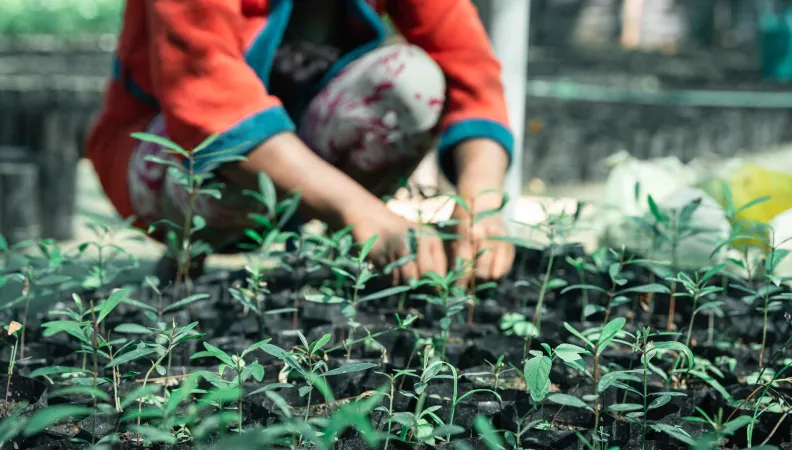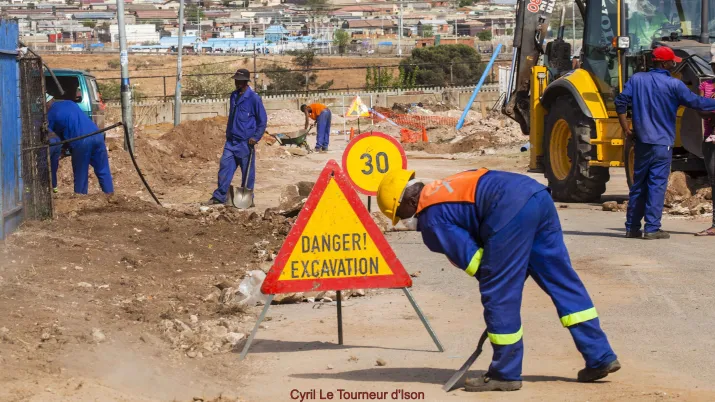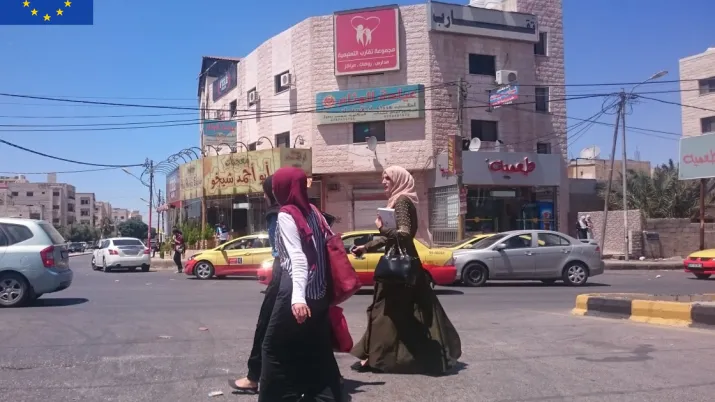Share the page
Rethinking the evaluation of developing countries' fight against inequality and climate change

-
Project start date
-
2023Status
Completed
-
Project end date
-
2024
-
Project duration
-
1 year
-
AFD financing amount
-
15000
-
Country and region
-
Research program
How can we measure the efforts made by developing countries to combat the inequalities and the impacts of climate change while taking into account the socioeconomic structure of these countries? The EU-AFD Research Facility on Inequalities will seek to answer this question in collaboration with the Ghanaian research think tank Placefeet.
Context
Many of the measures on quantifying progress by countries towards reducing income inequality have focused on indices that measure trends in inequality over time (Gini coefficient for example) and compare countries without considering the differences between their socioeconomic structures.
However, these indices do not paint the complete picture about how countries are performing, especially when compared to one other in achieving Sustainable Development Goals and what policies and investments may be needed to support them. This research project will provide an alternative measurement of income inequality by taking into account the developing countries’ structural or predetermined conditions (mineral assets, type of institutions etc.) in assessing their progress towards reducing inequality and the impacts of climate change.
This project is part of the call for research proposals “Advancing the inequality agenda through collaborative research: identifying the priorities for a global Team Europe approach on inequalities”, launched by the Strategic Committee of the Research Facility on Inequalities. It is coordinated by AFD and co-financed by the European Commission, AECID and ENABEL.
Objectives
The project focuses on the following objectives:
- Firstly, it will compare each country with its potential to reduce income inequalities by measuring the scope for improvement for each country at every year. This will allow a better understanding of the key factors that hinder a country’s effort and performance in reducing inequalities and of the policy and investments that are needed to tackle inequalities more efficiently.
- Secondly, it will investigate how climate – temperature, precipitation and extreme weather events– influence the efficiency of countries in combining inputs to reduce inequality.
- Thirdly, it will look at adaptation or intensification effects across regions, particularly in LDCs and SIDS and will identify the needed scale of investments.
Method
Building on a panel database on 145 countries, including countries from Least Developed Countries (LDCs) and Small Island Developing States (SIDS) from 2000-2020, the project will use a stochastic frontier approach, an economic modelling technique, to estimate feasible frontiers for income inequality for each country and year.
Results
You will find below the different research papers related to this project:
Contact
-
Anda DAVID
Economist, scientific coordinator of the EU-AFD Research Facility on Inequalities




